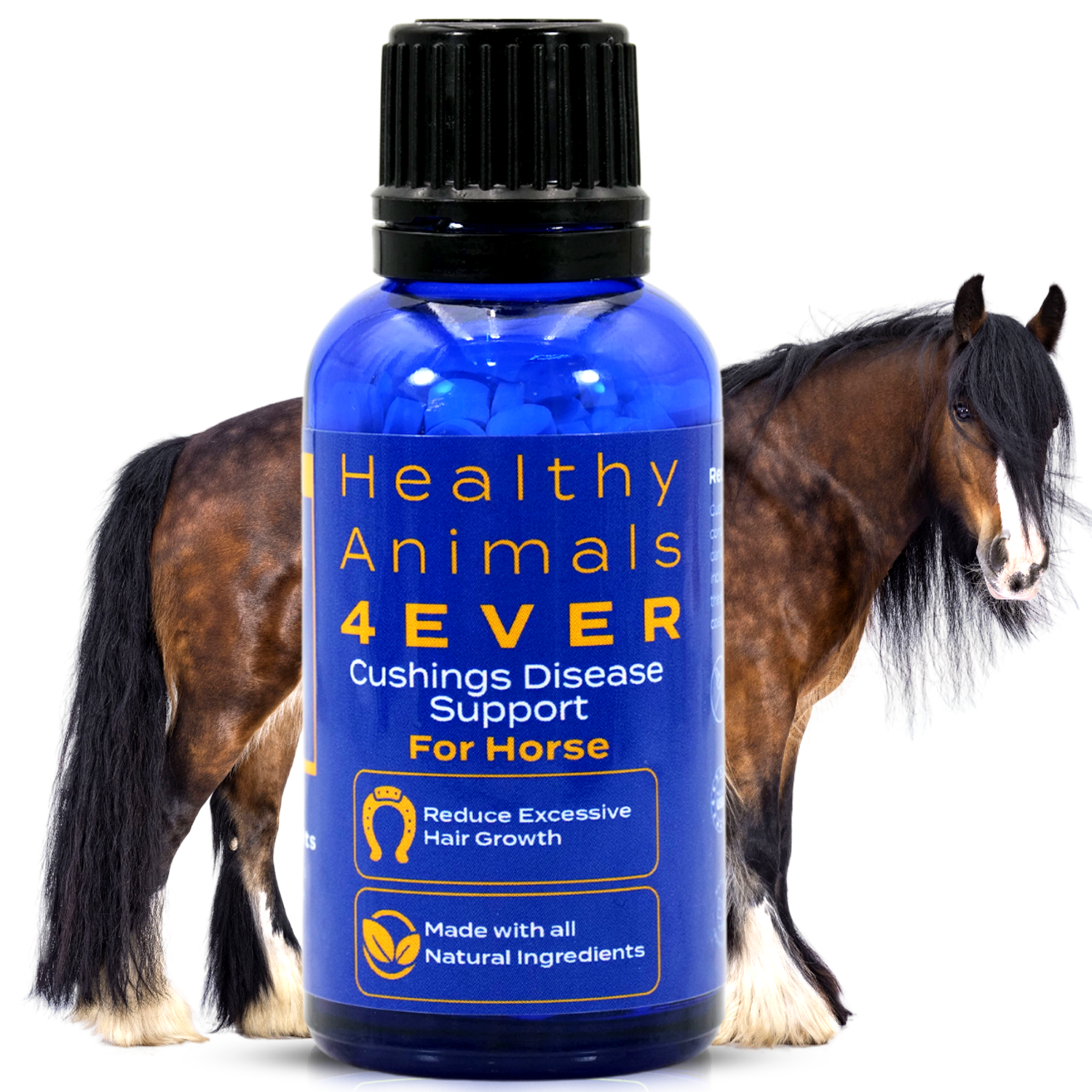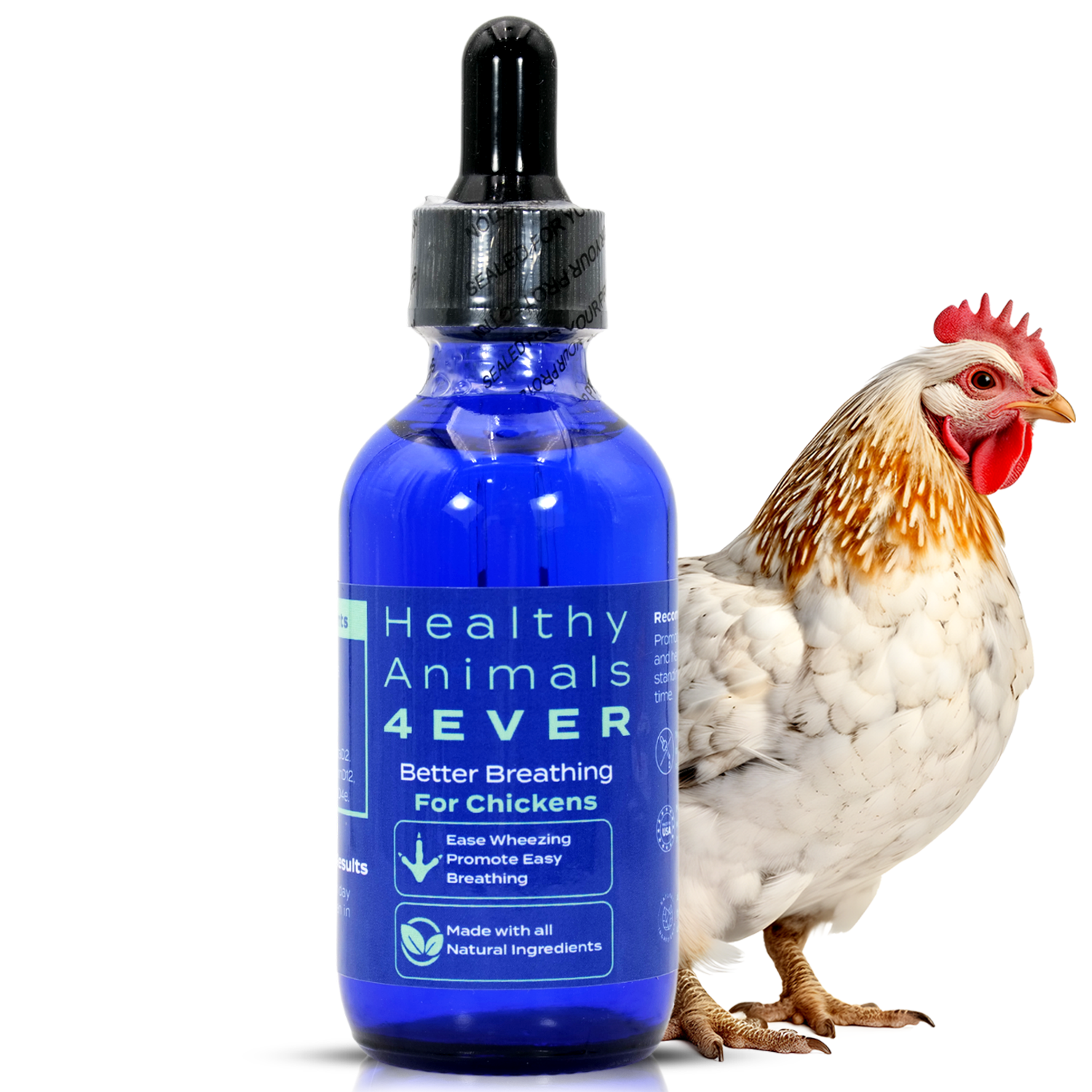Natural Hairball Remedies for Cats: Prevention & Treatment Tips
If you share your home with a cat, you’ve probably dealt with hairballs at some point. They’re a normal result of a cat’s grooming habits, but that doesn’t make them pleasant.
An occasional hairball usually isn’t a cause for concern. But if they become frequent, they can be uncomfortable for your cat and, in some cases, a sign of a bigger problem. The good news is, there are practical steps you can take to help reduce them.
In this guide, we’ll look at what hairballs are, why they happen, prevention strategies, and natural hairball remedies for cats that can make a real difference.
All Digestive offers natural digestive support for cats. Helps with stomach upset, diarrhea, and gastritis. It aids in restoring digestive balance and your pet's comfort. All-natural formula. Easy to use.
Hairball Basics
What are hairballs
A hairball is exactly what it sounds like: a little clump of hair that forms in your cat’s stomach.
Cats are meticulous self-groomers, and when they lick their fur, loose hairs get swallowed. Most of the time, this hair just passes through their digestive system without a problem. But every now and then, it bunches up and your cat ends up hacking it back up.
Signs your cat might have a hairball problem
It’s normal for a cat to cough up a hairball once in a while, but if you notice:
-
Frequent gagging or hacking without bringing anything up
-
Loss of appetite
-
Constipation or diarrhea
-
Lethargy or hiding more than usual
…it might be a sign of a bigger problem, like a blockage. That’s when you should call the vet.
Dry or Wet Cough provides natural support for chronic coughs and inflammation in cats. Promotes healthy immune defenses. All-natural formula. Non-drowsy relief. Easy to use.
Why do cats get them?
It’s mostly a side effect of their grooming habits. The more a cat grooms, the more hair they swallow.
Long-haired cats (like Persians or Maine Coons) are especially prone to them, but even short-haired cats can have issues (especially during shedding season). Older cats might also get more hairballs simply because they’ve perfected the art of cleaning themselves.

Natural Hairball Remedies and Preventive Measures
You can do a lot at home to help reduce hairballs. Here are some tried-and-true natural hairball remedies for cats:
1. Diet Changes
-
High-fiber cat food: Helps move hair through the digestive tract more easily.
-
Pumpkin or psyllium husk: A small spoonful of plain canned pumpkin or a pinch of psyllium in their food can give a gentle fiber boost.
2. Natural oils
-
Olive oil, fish oil, or coconut oil: Just a tiny amount (like ½ teaspoon) mixed into their food once or twice a week can help lubricate the digestive tract.
3. Hydration boost
-
Fresh water at all times: Sounds obvious, but many cats don’t drink enough.
-
Wet food: Adds extra moisture to their diet, which helps keep digestion smooth.
4. Regular grooming
-
Brush often: Especially during shedding season. The more hair you remove, the less they swallow.
-
Use the right tools: Slicker brushes, grooming gloves, or undercoat rakes work wonders.
5. Play and exercise
-
Staying active keeps digestion moving. Plus, a tired cat spends less time over-grooming out of boredom.
These small changes add up. Think of it as working with your cat’s natural habits instead of against them.

Safe vs Unsafe Home Remedies
The internet is full of “miracle” cures for hairballs, and not all of them are safe. Before you try something new, it’s worth knowing what works and what can actually harm your cat.
Safe options (in moderation):
-
Small amounts of olive oil, fish oil, or coconut oil
-
Plain canned pumpkin (no sugar, no spices)
-
Vet-approved hairball gels or pastes
-
High-fiber cat treats or food formulas
Things to avoid:
-
Human laxatives or petroleum jelly straight from the jar: These can cause serious health issues.
-
Dairy products: Many cats are lactose intolerant, so milk can cause stomach upset.
-
Herbal remedies meant for humans: Just because it’s “natural” doesn’t mean it’s safe for cats.
-
Excessive oils: A little helps, but too much can lead to diarrhea or nutritional imbalance.
Some common myths you might hear:
-
“Shaving your cat will stop hairballs.” Nope, cats will still groom and swallow loose hair from their undercoat. Plus, shaving can stress them out.
-
“Hairballs are always harmless.” Not true. Most are fine, but some can lead to dangerous blockages.
When in doubt, ask your vet before giving your cat anything that isn’t specifically made for them.

Long-Term Prevention Strategies
Hairballs aren’t something you can completely eliminate; they’re part of cat life. But with some habits, you can make them a lot less frequent.
Seasonal grooming routines
-
Step up brushing in spring and fall when shedding is at its worst.
-
A quick daily brush can make a big difference for long-haired cats.
Balanced nutrition
-
Choose a diet with enough fiber and moisture to keep digestion moving smoothly.
-
Rotate in wet food meals if your cat is on mostly dry food.
Keeping your cat stress-free
-
Some cats over-groom when they’re anxious or bored. Provide toys, scratching posts, and safe places to nap.
Instant Calm Lavender Stress Reducer provides natural stress and anxiety support for pets, helping them manage daily stressors and promoting a sense of calmness.
A hairball-friendly environment
-
Keep their grooming area comfortable and free from mats or tangles.
-
Schedule regular vet checkups to catch any digestion or coat issues early.

When to Seek Veterinary Help
Hairballs are a normal part of cat life, but there’s a point where they can cross the line from “mildly gross” to “potentially dangerous.”
You should get your vet involved if you notice:
-
Frequent hacking with no result: If your cat keeps gagging but nothing comes up, that could mean a hairball is stuck.
-
Loss of appetite or weight loss: A blockage can make your cat feel full or nauseous.
-
Constipation or diarrhea: Both can happen when something’s slowing down the digestive system.
-
Lethargy or hiding more than usual: Cats tend to hide when they’re not feeling well.
-
Repeated vomiting: Especially if it’s not just hair but food or bile.
Weight Loss offers natural support to reduce overeating in cats. Energy-boosting formula. Promotes healthy elimination of extra body weight. All-natural formula. Easy to use.
These symptoms can point to a hairball that’s too large to pass, or to something more serious like an intestinal blockage. In rare cases, surgery might be needed, which is exactly why it’s best to catch the problem early.

The Bottom Line
Hairballs are a fact of life for most cats, but they don’t have to be a constant headache. By keeping up with grooming, offering the right diet, and using safe home remedies, you can help your cat stay comfortable.
At the end of the day, it’s about finding a routine that works for both you and your cat. A little prevention goes a long way, and your cat will thank you (probably by coughing up fewer “presents” on the rug).











